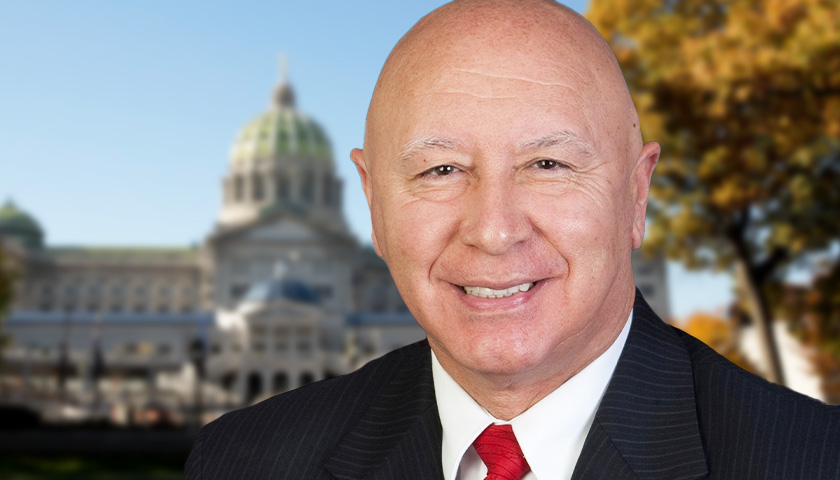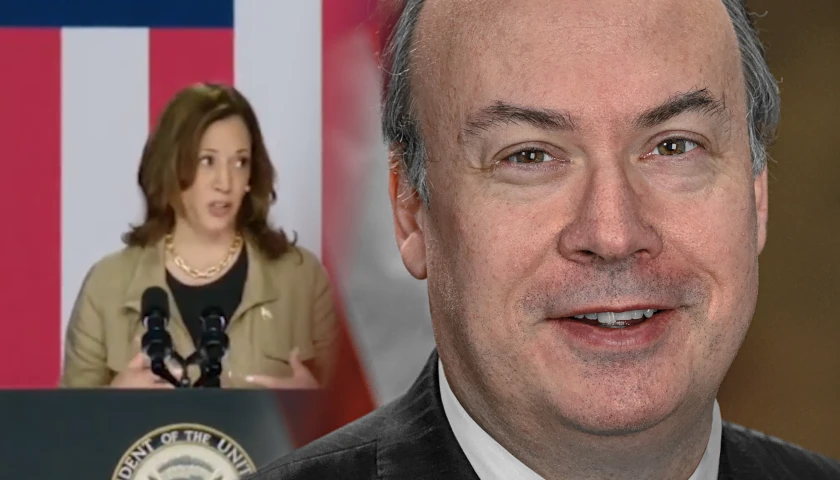by Anthony Hennen
A Pennsylvania Senate Majority Policy Committee hearing on crime and public safety dwelled on two issues: the need for more funding and officers to address crime, and the lack of mental health support for struggling people.
Two panels spoke to a number of Republican senators; one comprised local law enforcement officers and the other a state judge, public defender, and district attorney.
“Crime knows no boundaries,” said Sen. Mario Scavello, R-Monroe/Northampton.
Drugs were a recurring issue in the hearing, creating more problems and changing police officers’ focus.
“Heroin has overtaken us and it requires most of our police attention,” said Michael Burgan, chief of police in Richland Township (Bucks County).
Ficco said DUI cases related to drugs went from 1% in 2006 to 40% to 50% today. He also blamed anti-police sentiment for recruiting struggles, driving down the number of applicants the police department sees for open jobs.
Police Chief Richard Pritchard pointed to similar issues in Johnstown, with a lack of funding and boots on the ground, as did Det. Sgt. Cory Adams.
“Nothing’s sacred anymore. Drugs (are) a major problem, but morals,” Adams said. “We’re seeing a lot of younger children not only killing people, but being murdered. … It’s unfathomable what happens in this region. Drugs are a major problem.”
A lingering problem panelists noted is the absence of effective programs to deal with drug issues and a lack of mental health support.
“People with mental health issues should not be in jail, but we are incarcerating them for their own safety,” said Norman Krumenacke, president judge in Cambria County.
Maribeth Schaffer, the chief public defender in Cambria County, echoed Krumenacke. “It’s a huge vicious cycle, but my hands are tied because there are no programs available for me to help any of these people,” Schaffer said.
“When you’re looking at policies, you have to look at the mental health. There’s not enough to help us,” Schaffer said. She suggested pre-trial programs as a potential place to improve the system, as well as involving public defenders more in county-wide committees on mental health.
“I might sound like I’m begging for money – I’m just asking for help,” Schaffer said.
As the Commonwealth has just shy of $2 billion, Scavello saw an opportunity.
“We have a tremendous amount of federal dollars,” he said. “Use them for the right reasons. This would be a great opportunity to build a medical facility in the middle of the Commonwealth” to treat prisoners with drug problems or mental issues who “don’t belong there (in prison).”
– – –
Anthony Hennen is a reporter for The Center Square. Previously, he worked for Philadelphia Weekly and the James G. Martin Center for Academic Renewal. He is managing editor of Expatalachians, a journalism project focused on the Appalachian region.
Photo “Mario Scavello” by Senator Mario Scavello. Background Photo “Pennsylvania State Capitol” by Governor Tom Wolf. CC BY 2.0.





